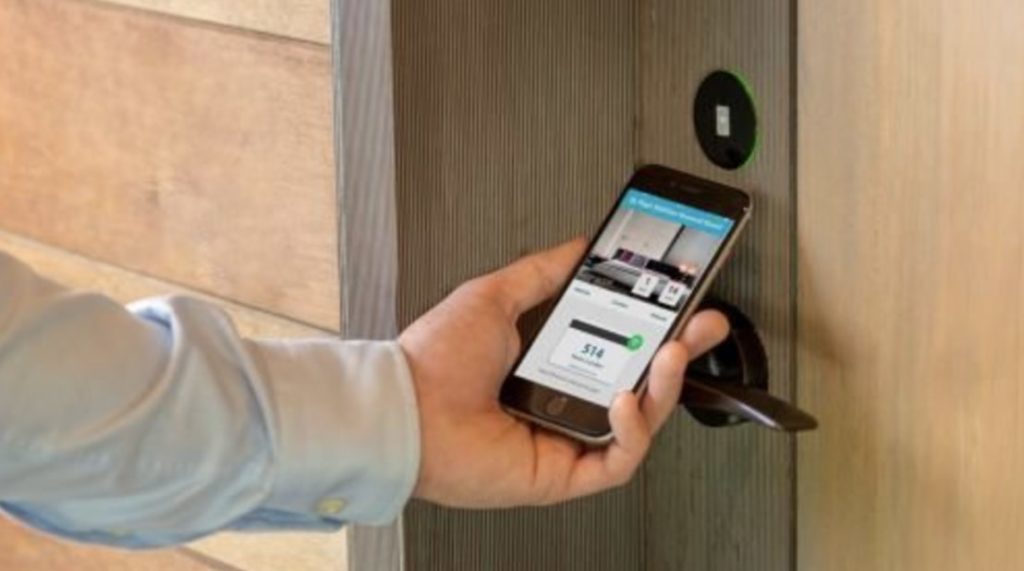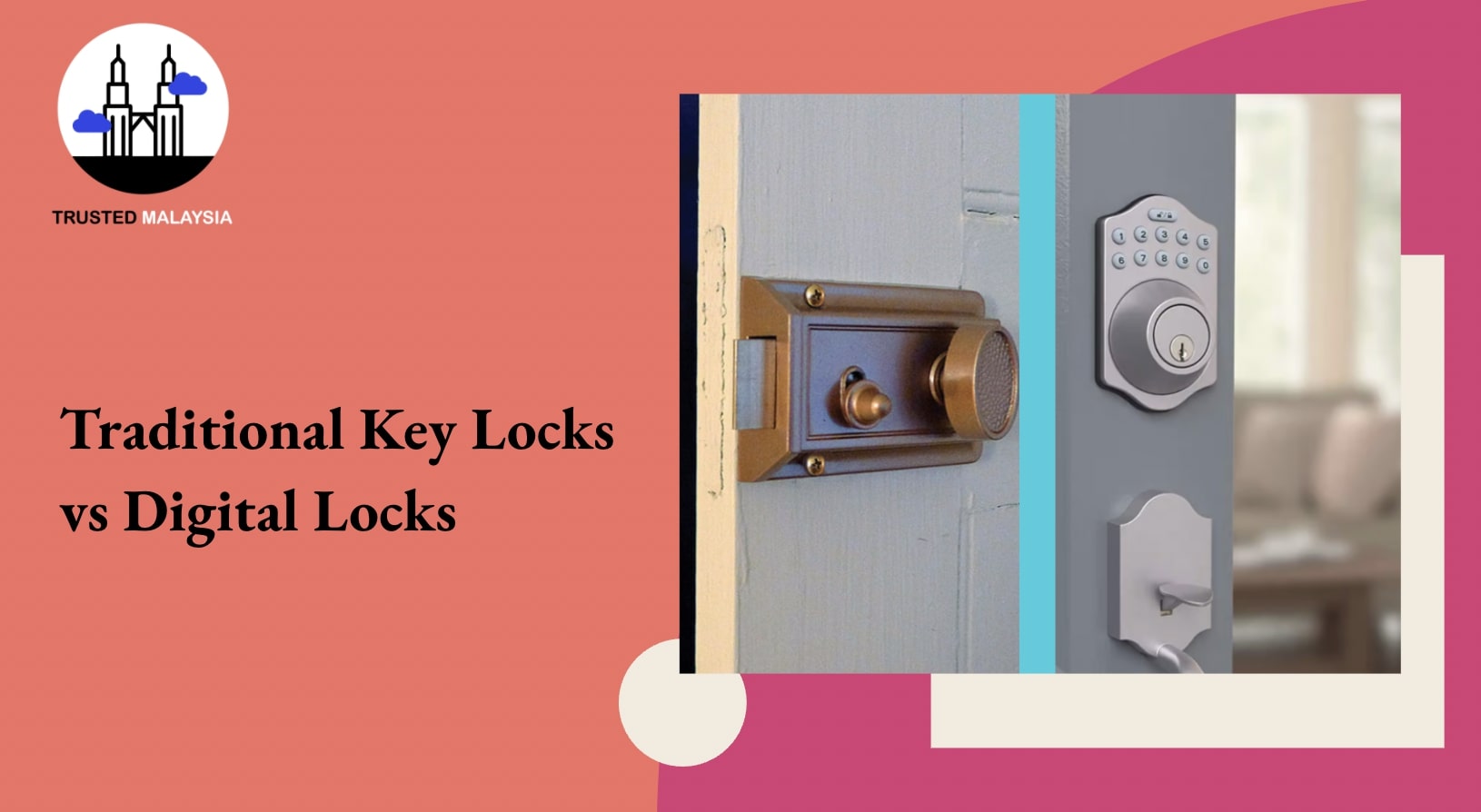Traditional Key Locks vs Digital Locks
Can’t decide between installing a traditional or digital lock? Let us help you sort it out with our simple guide here.
Our agenda is we will tackle the main differences between them and then sum up our thoughts. And without any further ado, let’s start!
The Differences between Traditional and Digital Locks
Let’s first get clear on the definition of traditional and digital locks:
- Traditional Locks – The ones that we’re used to seeing, traditional locks are the kinds of locks that need a key to be opened.
The main types of traditional locks include padlocks, knob locks, deadbolts, and levers.
- Digital Locks – Digital locks are locks which can be accessed electronically. These could be by fob, smartphone, or PIN code.
There are also a wide variety of digital locks. There are those with a fingerprint reader, which are common in offices, and numeric pads used mostly in rental apartments and shared homes.
In terms of security, more homeowners prefer digital locks today over classic ones. Because traditional keys can be picked open and keys can be lost—two things that will compromise the safety of your house and family.
However, digital locks, which can be opened through an app or a certain code could also be hacked by trained thieves or scammers.
In the battle for convenience, digital security locks win again, because these have many modes for which you can access your house. Suppose you forgot your PIN, you can access it by other means—just like how you recover your forgotten email password.
Everything becomes complicated when the electricity in your house goes out. You can’t access certain areas—unless you can use a key—until the power is restored. During these emergencies, a classic lock is the better option.
For the appearance, you’ve got to hand it to ordinary locks since they’re smaller in size and meld with your decor. A digital lock, in contrast, can be too bulky and easily noticeable by everyone given it’s not that prevalent yet.
Comparing the cost of smart locks and traditional locks, the latter wins out. They are both available in different price points from low-end to high-end.
More specifically, smart locks costs between RM800 to RM10,000, whilst mechanical locks run from RM600 to RM6,000.
The higher the price of the lock you get, it’s likely to have greater security and more features; but they’re not necessarily better than lower-priced ones, so you have to consider the product carefully and if it aligns with your needs and savings.
Conclusion

Smart locks can interact with other smart home devices such as alarms, televisions, and TV boxes. They’re superb in terms of security and convenience, although you’ll pay a higher price to get them.
You may still choose to use a mechanical lock, which is perfectly fine. But, in the years to come, we believe that people will gradually switch to the smart lock system for their offices, schools, hotels, and restaurants.
Although right now smart locks don’t seem to blend in one’s home, there’ll be new versions and improvements over time and people will get used to that like they did with traditional locks before.
So, if you’re a forward thinker and have the budget for it, digital locks are fantastic. But, if you want simplicity and control with your lock, go for the traditional key lock, as it will still be effective security-wise.

